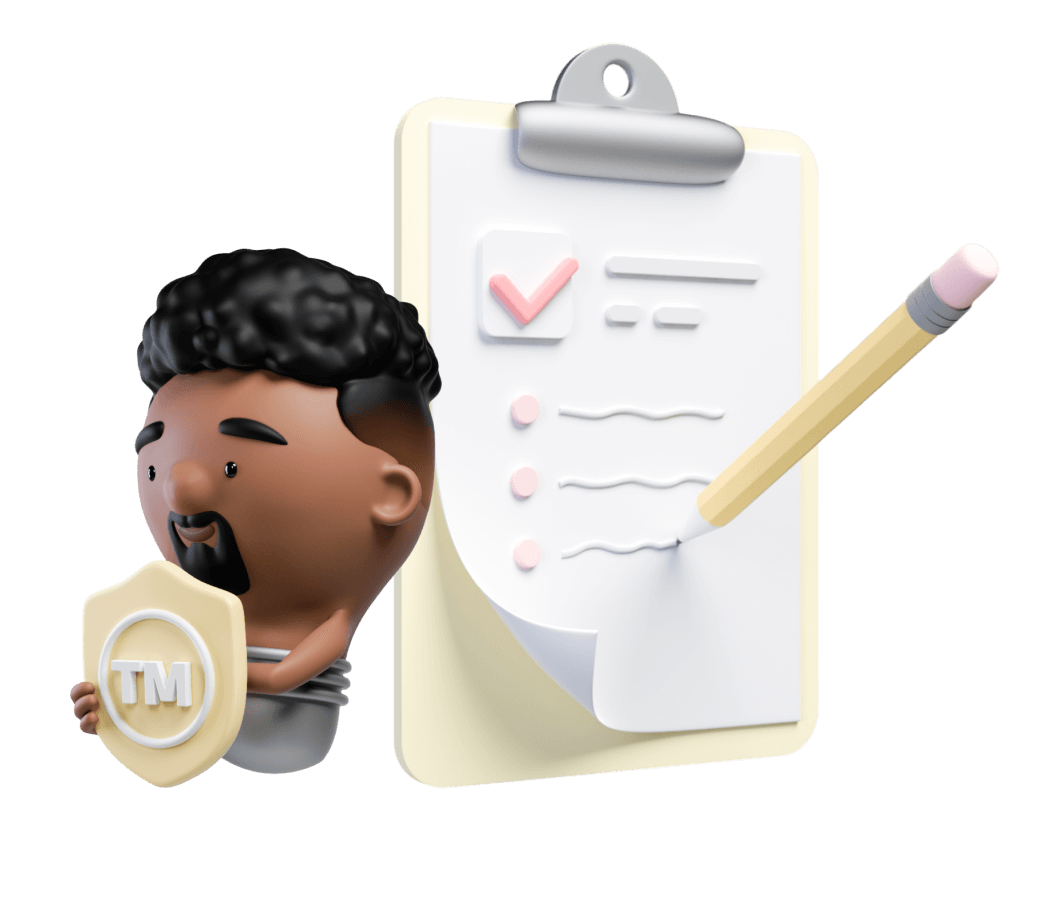What Is a DBA?
A DBA stands for “doing business as” and is a registered name you give your business (or part of your business) that is different from its legal registered name.
DBAs are typically filed with the Secretary of State or other entity that governs business formation in your state. If your business operates in multiple states, you'll likely need to file a DBA in every single state. Want to make the process easier on yourself? You can file a DBA online with Incfile in a snap (more on that below).
Who Needs a DBA?
If you’re a sole proprietorship or partnership, you’ll likely need a DBA. That’s because you’re unincorporated, so you didn’t file entity formation papers or choose a business name. Your legal name will be your business name unless you file a DBA.
S and C corporations, LLCs and limited partnerships typically don’t need a DBA if they’re happy with their legal business name. On the contrary, franchise owners may want to file a DBA to indicate they’re operating a business under the franchise’s umbrella.
No matter what type of business you're forming, make sure you check with your state on the proper process, or sign up for our DBA package and let us handle the rest.

Other Terms for a DBA
Whether you file a DBA yourself or work with us, you might also see DBA listed by a few other names, including:
Fictitious
Business Name
Assumed
Business Name
Trade Name

Why File a DBA with Incfile?
Our DBA package offers four key benefits that business owners should pay attention to.

-
Location-Specific Branding
A DBA for each location your business operates in allows them to hold distinctly separate names under the same umbrella company (for example, “Cassidy’s Cookies New York” and Cassidy’s Cookies LA”).
-
Product Flexibility
Say you’re a jack-of-all-trades and run many businesses all under your name. Use multiple DBAs to clarify what your product offerings are (for example, “Cassidy’s Cookies” and “Cassidy’s Cakes”).
-
Streamlined Rebranding
Maybe you registered your LLC under a name that doesn’t quite fit your vibe anymore. Target your audience better by creating a DBA that aligns more with your new branding as your company evolves (rather than forming a new LLC).
-
Privacy
When you form a business, it automatically takes on the name of the business owner unless you file as a certain legal entity (like an LLC or S or C Corporation). A DBA allows you to legally separate your name from your business’s name so you can maintain privacy.

How to File a DBA
Filing a DBA is a multi-step process. While you could try to tackle the following yourself — why add more work to your plate?
Let Incfile handle DBA filing for total peace of mind.
-
1
Find Out What Entity Controls Business Formation
Usually this is the Secretary of State. However, sometimes this is
done at the county level. If that’s the case, make sure you register
your DBA in each county you operate in. -
2
Download, Fill Out and Send the Online Form
Visit the relevant website and find the section on DBA, trade, fictitious or assumed names. With any luck, you’ll be able to do this digitally - although some systems are woefully outdated and require faxing or mailing.
-
3
Pay the Filing Fee
Filing fees vary by state and depend on whether you’re
registering for an LLC, corporation or other entity. -
4
Ensure Your Business Name Is Protected
A DBA by itself won’t protect your business name. Forming an
LLC or corporation is one of the best ways to secure the legal
name of your business, but if you want to take an extra step, it
may be worth trademarking your business name. We can help
with that.
Our low-cost Trademark Search and Registration service makes it easy to protect your DBA. -
5
File Your Taxes
Whether or not you have a DBA, you’ll need to file taxes. The
method and frequency of this depend on your business structure.

DBA vs. LLC
The main difference between a DBA and an LLC is that an LLC is a legally registered business entity, while a DBA is like a formal nickname for an already existing business.
Why Use an LLC?
We talk a lot about LLCs. They provide legal protections for the business owner, separating their personal assets from the business’s assets. LLC owners aren’t required to file a DBA.
Why Use a DBA?
Since a DBA is just a nickname for your business, it doesn’t provide the same legal protections as an LLC. You are not protected under a DBA alone — you’ll need to form a business entity first.
States That Allow DBA Filing
Choose your state below to view specific DBA requirements, including fees, length of approval, forms needed and where to file. It’s that easy.

Select your state above.
And see results over here













$30 to $150 depending on the year of filing; see state guidelines for details










Yes, in a local qualified Legal Newspaper for two consecutive issues










Your county's Register of Deeds



Trade name (for business entities) or fictitious name (for individuals)

Assumed business name

Fictitious name
If the registration includes an individual then notice must be published in two local papers, one of which must be a legal publication

Fictitious business name

Assumed name

DBA
Yes, unless certain conditions apply; for more information see South Dakota Codified Laws 37-11-1

Assumed name

Assumed name

DBA

Assumed business name

Fictitious name

Trade name
$5 trade name fee, plus a $19 general filing fee

---

Trade name

Trade name

Trade name
Common Questions About Filing a DBA
It typically costs $25-$100 to file a DBA. This depends on your state — for example, it costs $15-$25 in Texas and $55-$65 in Florida. You can find this information online when you go to file or by using the state search feature above.
If you got a DBA as a sole proprietor, you can convert to an LLC to enjoy more legal protections. You’ll first need to make sure your DBA can be used for your LLC name, as it may already be in use by a legally registered business.
Yes — this is the beauty of DBAs! If you have multiple locations or branches of your business that all operate under the same LLC, you can file multiple DBAs to help distinguish them.
Typically, states won’t allow two businesses to have the same DBA — even if you own them both. Your DBA application may be denied to avoid confusion, especially if they’re in the same industry. However, your DBA could be used if you haven’t registered your business as a legal entity.
Since a DBA acts as a nickname, you won’t need a separate EIN for it. You do, however, need an EIN for your registered business entity for tax purposes.
Need a DBA ASAP?
We’ll save you time by doing the paperwork for you. Just place an order and presto — you’ll have an assumed business name in no time.







